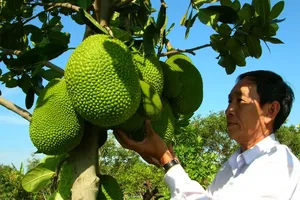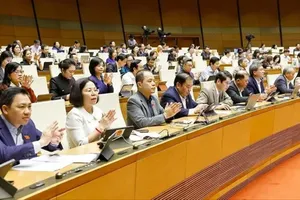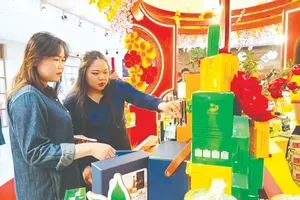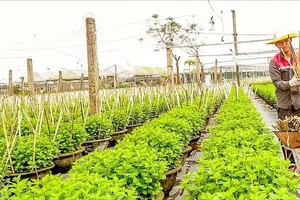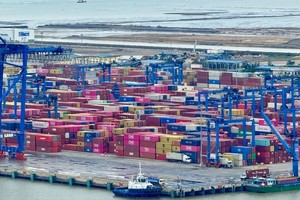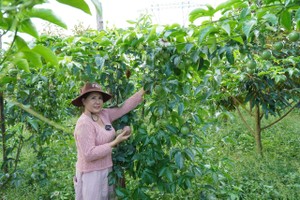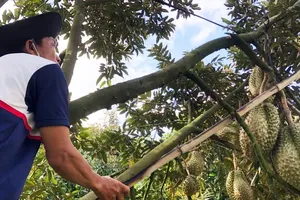According to the VFA's findings, rice export operations from August 1 to August 15 recorded 456,768 tons of rice, valued at US$155 million, down 19 percent in quantity but up 30 percent in value compared to the same period last year. As of August 18, the summer-autumn crop has yielded an estimated 5.495 million tons of paddy. The autumn-winter rice crop has been cultivated across 420,000 hectares out of the planned 700,000 hectares.
The ban on rice exports by India and some other countries has triggered a substantial surge in rice prices as compared to earlier periods, thereby exerting a profound impact on the worldwide rice trade landscape. At present, rapid price fluctuations are leading to disruptions within the supply chain, from farmers and traders to processing mills and rice export enterprises. The main factor behind this situation is the expectation of price increases, which has subsequently led to the breakdown of established contractual arrangements. Export businesses are facing challenges in sourcing the necessary goods to fulfill their signed agreements.
At present, more than 200 traders have been authorized by the Ministry of Industry and Trade to conduct rice export activities in compliance with Decree No.107/2018/ND-CP. Despite having clear regulations, most traders have not fully complied with the reporting requirements, especially regarding the progress of signing and executing export contracts, as well as the inventory levels at various time intervals. This issue impacts the consolidation process and hinders the availability of timely reporting data essential for macroeconomic management, primarily due to insufficient information.
Considering the current circumstances, the VFA recommends that the Government establish specific regulations concerning reporting procedures and appoint an agency responsible for monitoring the status of rice export contract signing and execution, as well as the inventory of rice held by traders who meet the criteria for rice export activities under Decree No.107/2018/ND-CP. In addition, the Government should implement pricing mechanisms for rice exports to ensure production efficiency for rice farmers while fostering healthy competition among rice exporting traders, especially between traders who have invested in production facilities according to Decree No.109/2010/ND-CP and those who lease warehouses under Decree No.107/2018/ND-CP.




